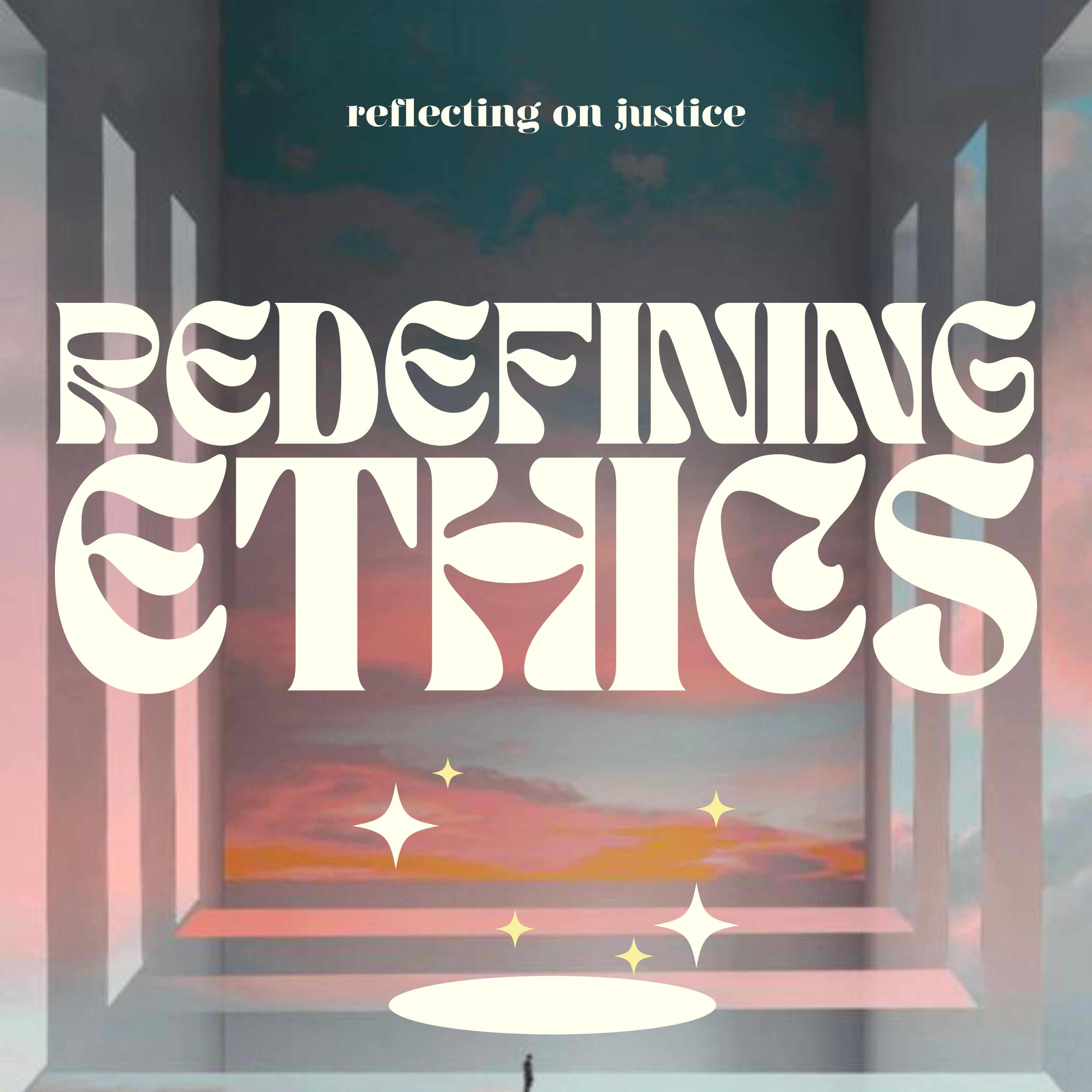loading...
April 16, 2024 10:30pm
15m
Welcome! Thank you so much for tuning in to our work, an Expose on Hope: a Reflection guide for when liberatory practice feels hopeless. I’m Abby, my pronouns are (she/her) and I’m a cis-queer, straight-sized, neurodivergent, working-turned-middle-class first gen settler from Hong Kong currently occupying the stolen, ancestral territories of the xʷməθkwəy̓əm (Musqueam), Skwxwú7mesh (Squamish), S’ólh Téméxw (Stó:lō), Səl̓ílwətaʔ/Selilwitulh (Tsleil-Waututh), Qayqayt, and kʷikʷəƛ̓əm (Kwikwetlem) peoples and spent most of my life occupying the Annishnabeg, Ojibwe and Missisauga of the Credit territories colonially known as so-called Toronto.
And this is reflecting on justice, a wealth redistribution-based educational community for therapists to unlearn systemic oppression, together. Our relationship to these lands dictates our commitment to addressing the ongoing impacts of colonization in our work and in our lives, and is why we created reflecting on justice to do this deep work together in community.
I invite you to take this moment to reflect on your relationship with these lands and what it means for you to be here. I will absolutely have a different relationship than you do, and I’d be so curious to find out what has sparked for you as you do this work. If you’re not sure of the Indigeneity of the land you’re occupying, please visit www.native-land.ca to find out.
Alright so let’s start with some context before we do our deep dive into hope:
It seems like in every conversation, in every class I teach, in every lecture I watch, there are questions about how we sustain hope and how we move through hopelessness. Questions about how we stay in this work when the problem feels too big, too reinforced, too powerful. Questions about how we save ourselves from despair and keep ourselves from drowning amidst all the ways our systems are causing us suffering, amidst all the ways our systems are privileging us at the expense of others.
And those questions hold so much weight - this work is hard, and hopelessness is one of the primary tactics deployed to keep us from our revolutionary power. This makes having a fully processed response to hopelessness foundational to living our ethics when our ethics are inconvenient, when they are painful, and when opting out would just be so much easier.
Because understanding systemic oppression is not hard, saying you are an anti-oppressive therapist is not hard, saying your values are in kindness and compassion, and even in liberatory practice is not hard…
It’s when you’re challenged to question what you think you know and how you live your life, when you’re called to live your ethics in a way that doesn’t come naturally, when liberatory practice requires you to leave something on the table, or when you’ve been doing this for years and years and years and you get hit with an unexpected set back without the support you need, or when you’re isolated time and time again in your work and life, now that’s when it’s hard, that’s when your commitment really needs to kick in.
And that’s when hopelessness tries creeps in too, the heaviness of “what’s the point”, the gut-wrenching “this is too big and pervasive for us to shift”, the resigned “this will never change” or the restricting “humans are fundamentally harmful and selfish” narratives start to take up more space than you intend.
If this resonates with you, please know that you’re not alone. And please know that you don’t have to figure it all out by yourself. This reflection guide was specifically created because you’re not alone and because there is already so much wisdom out there that can support you in redefining your relationship with your ethics, in shifting your response to hopelessness, and in reframing what it means for you to hope.
And
loading...
